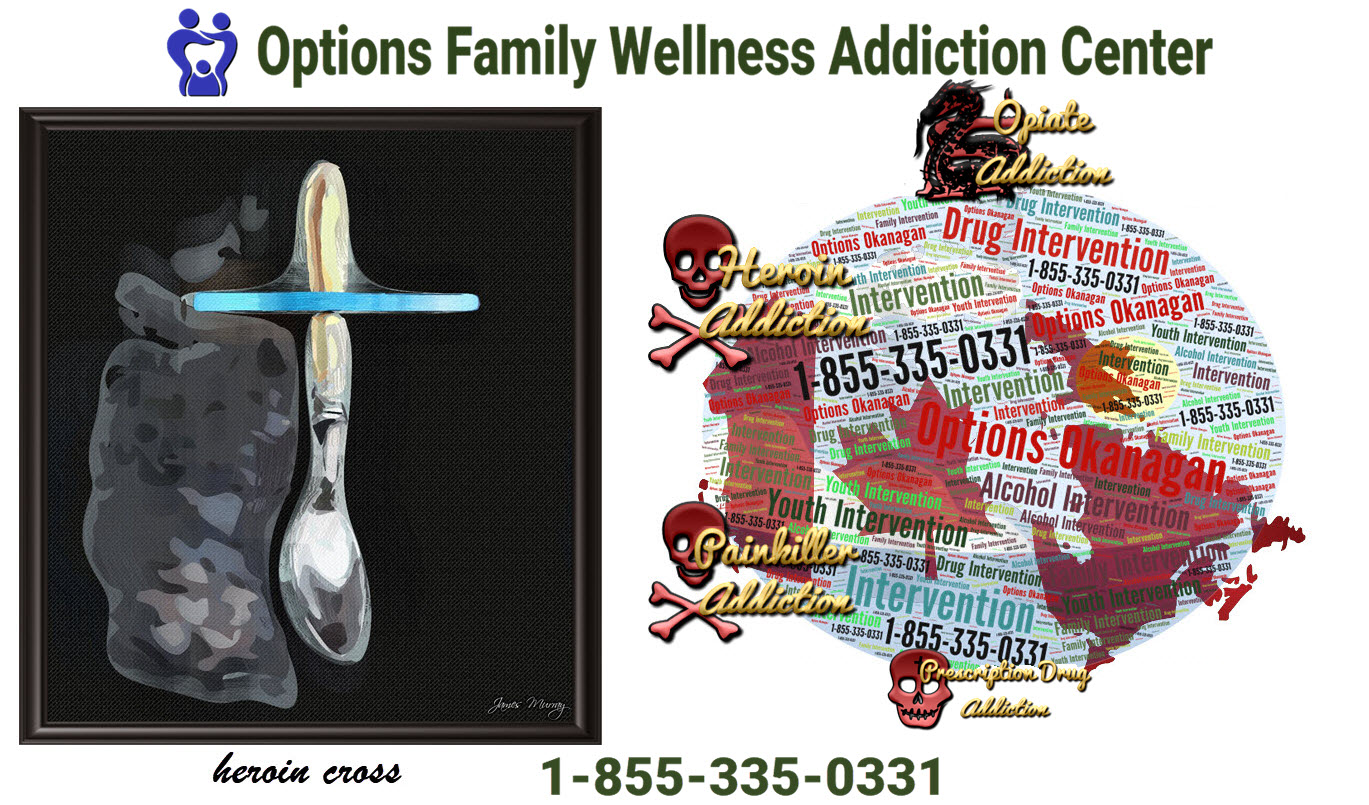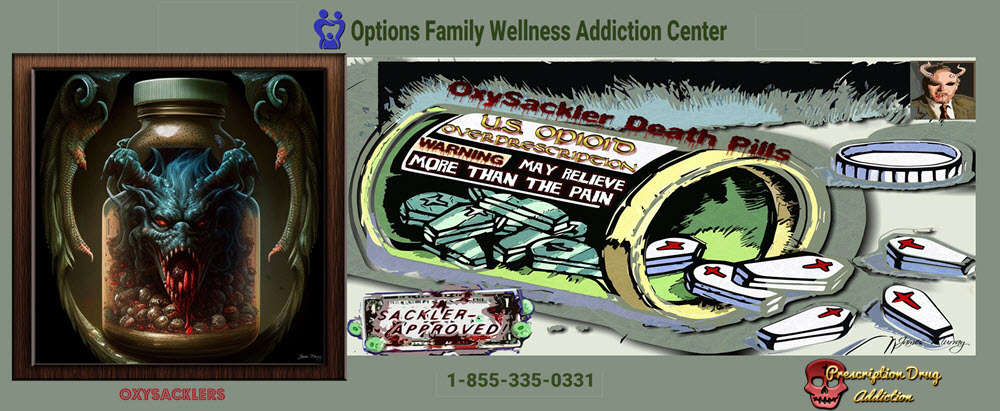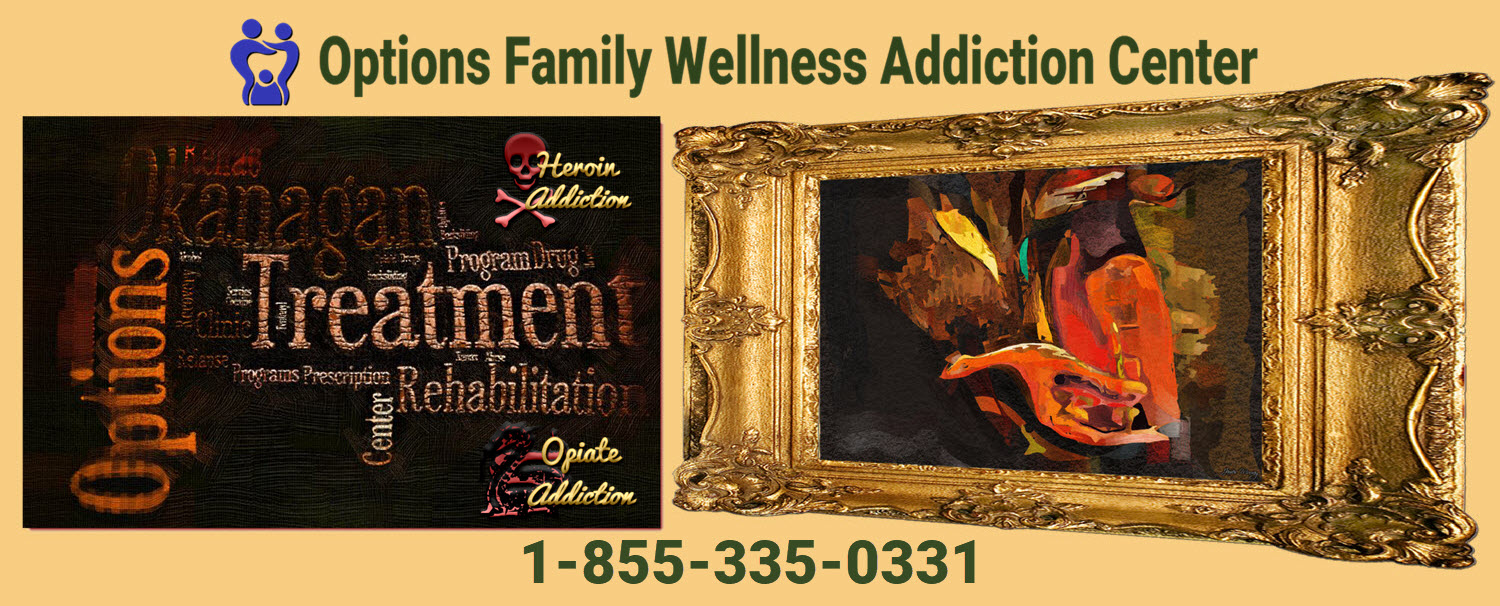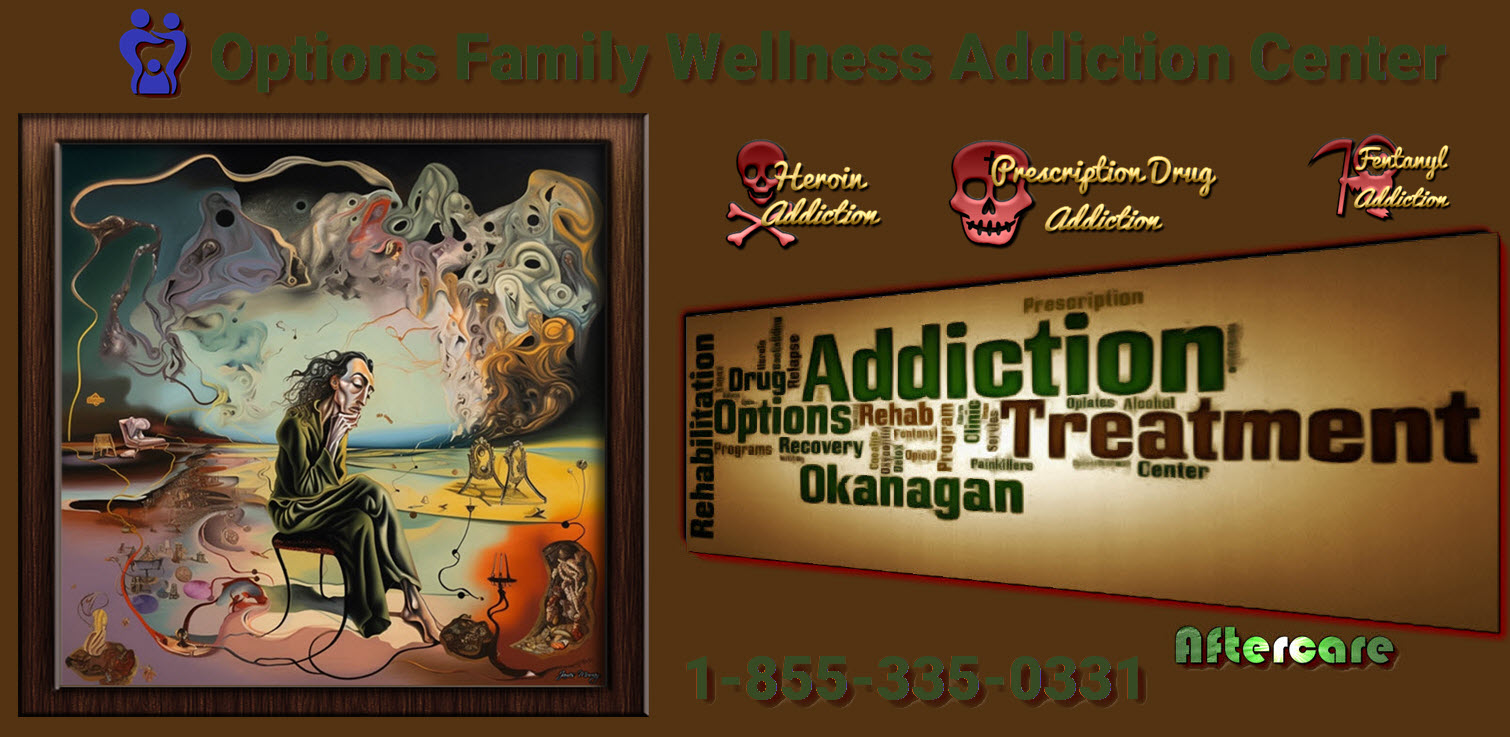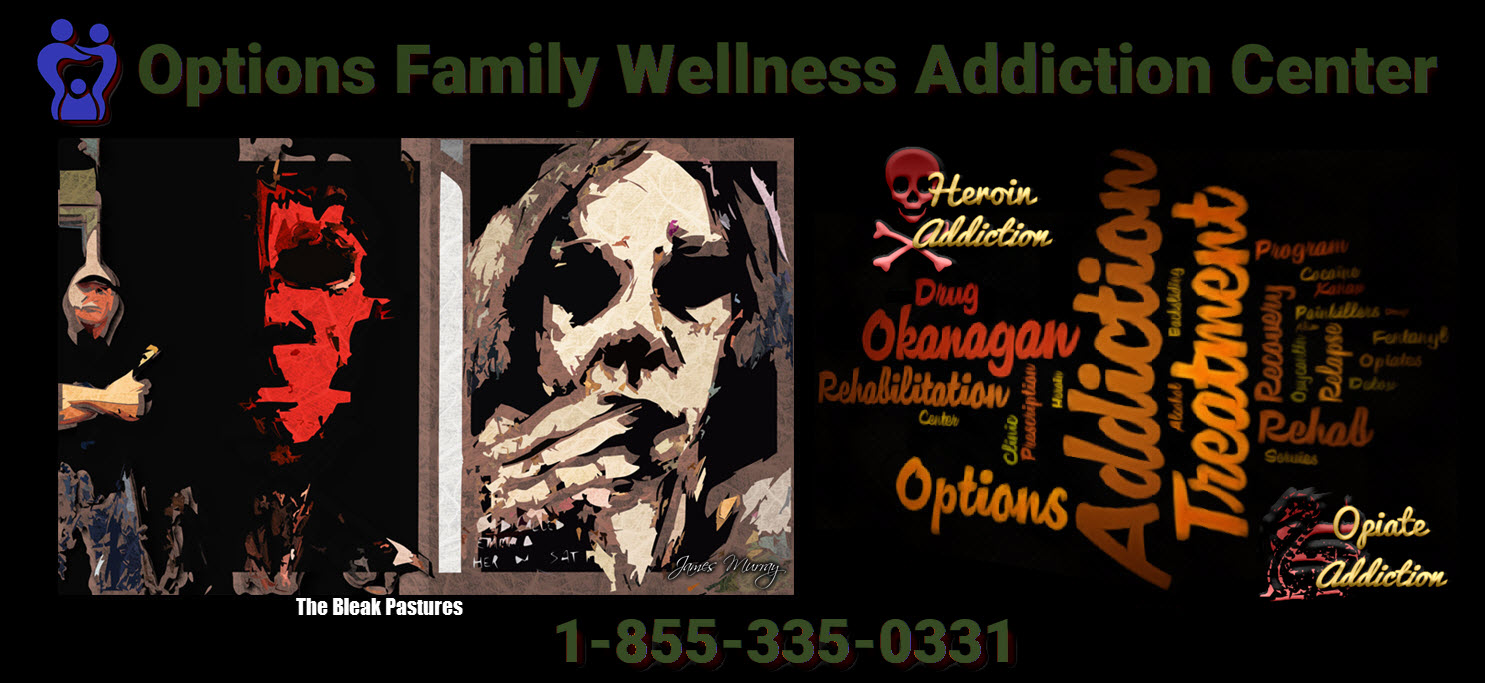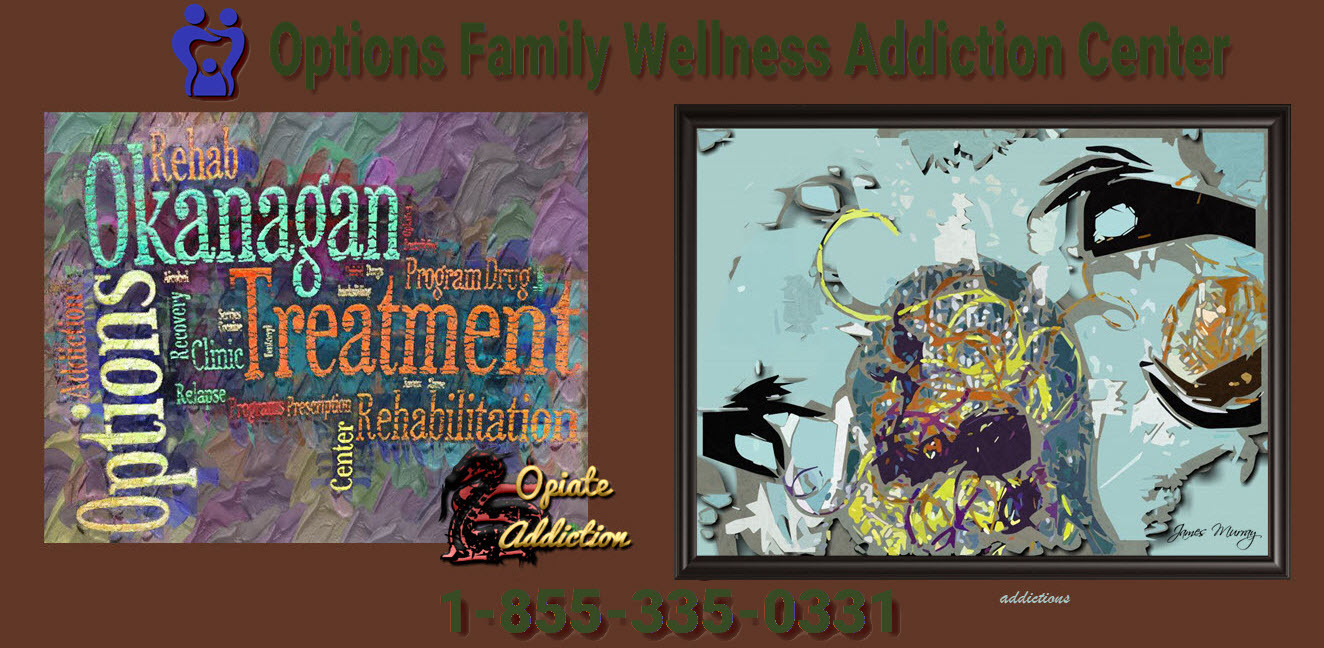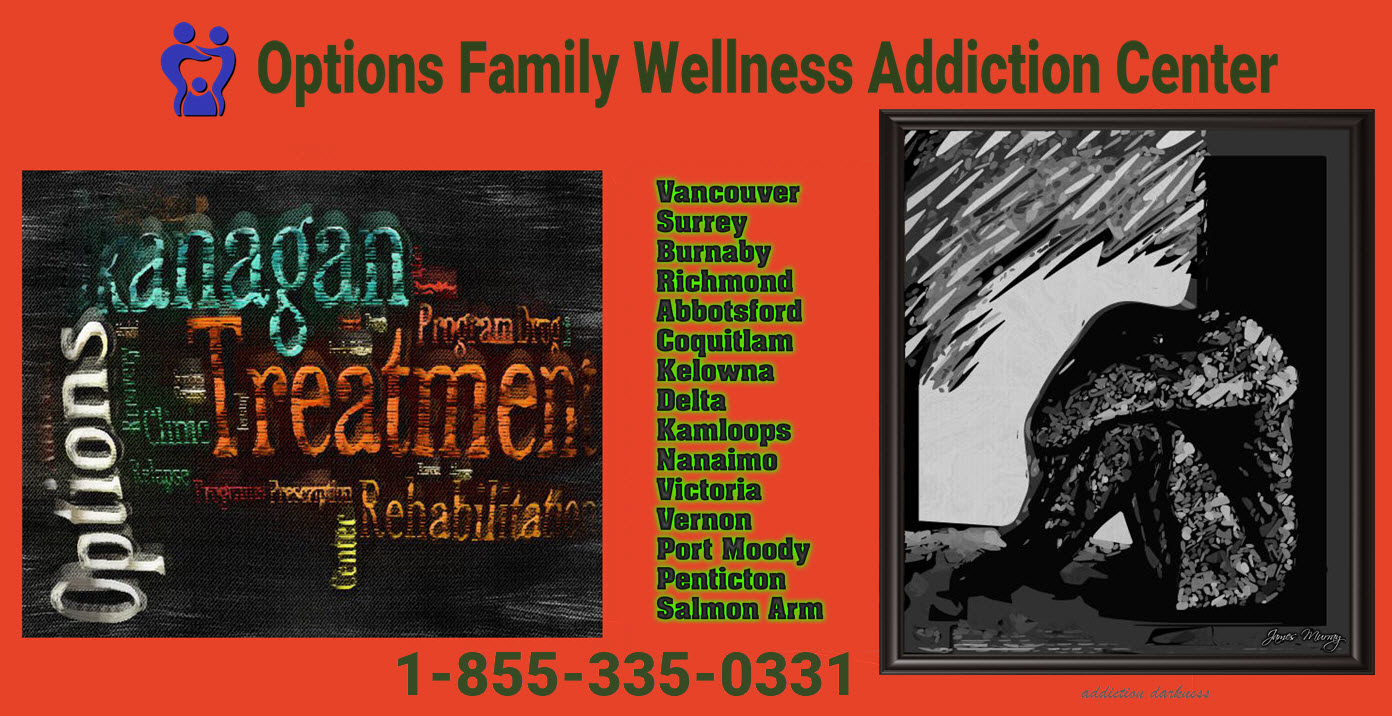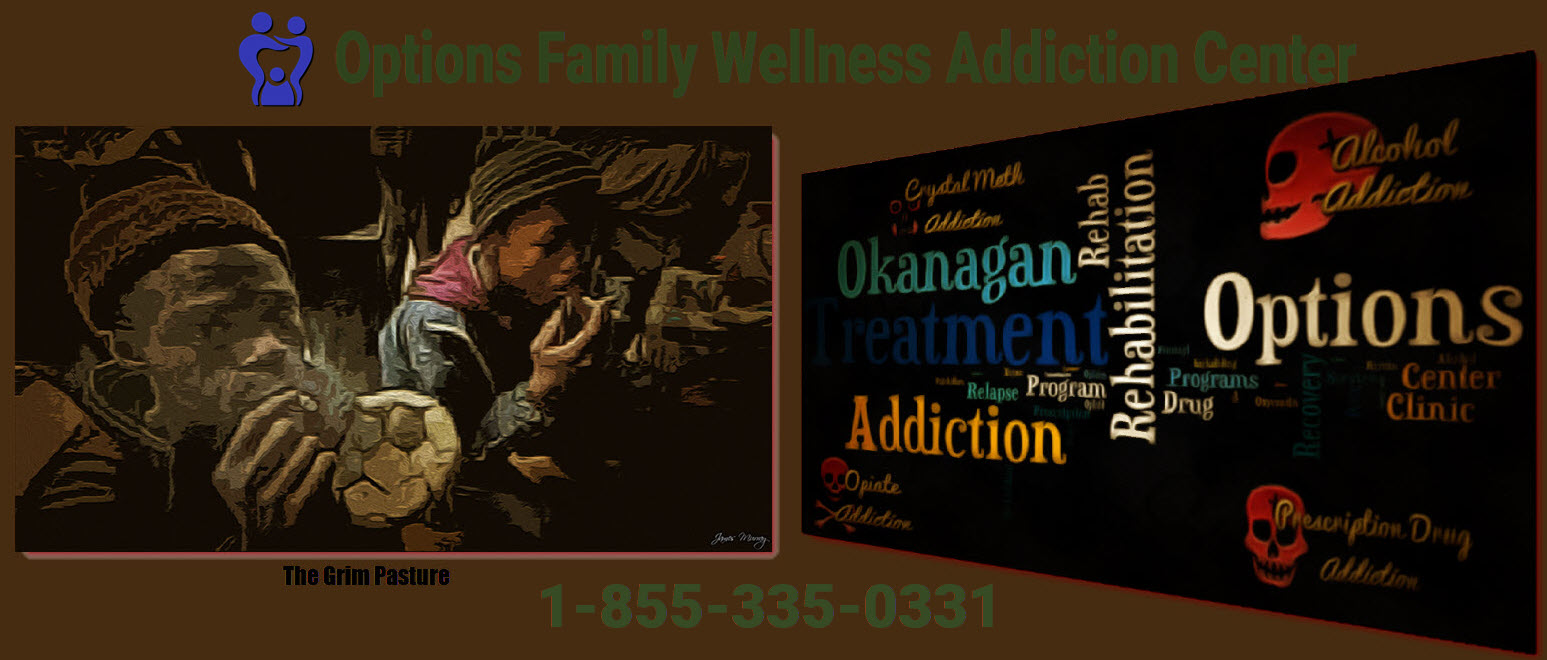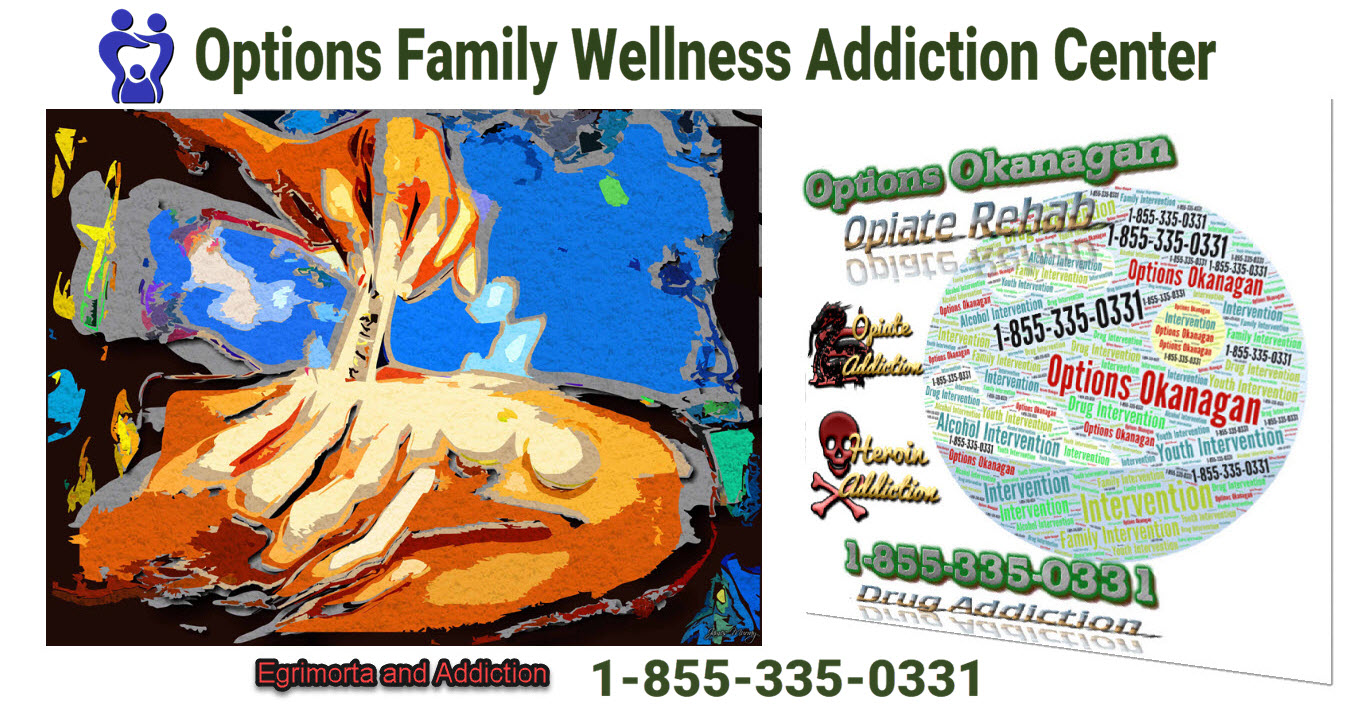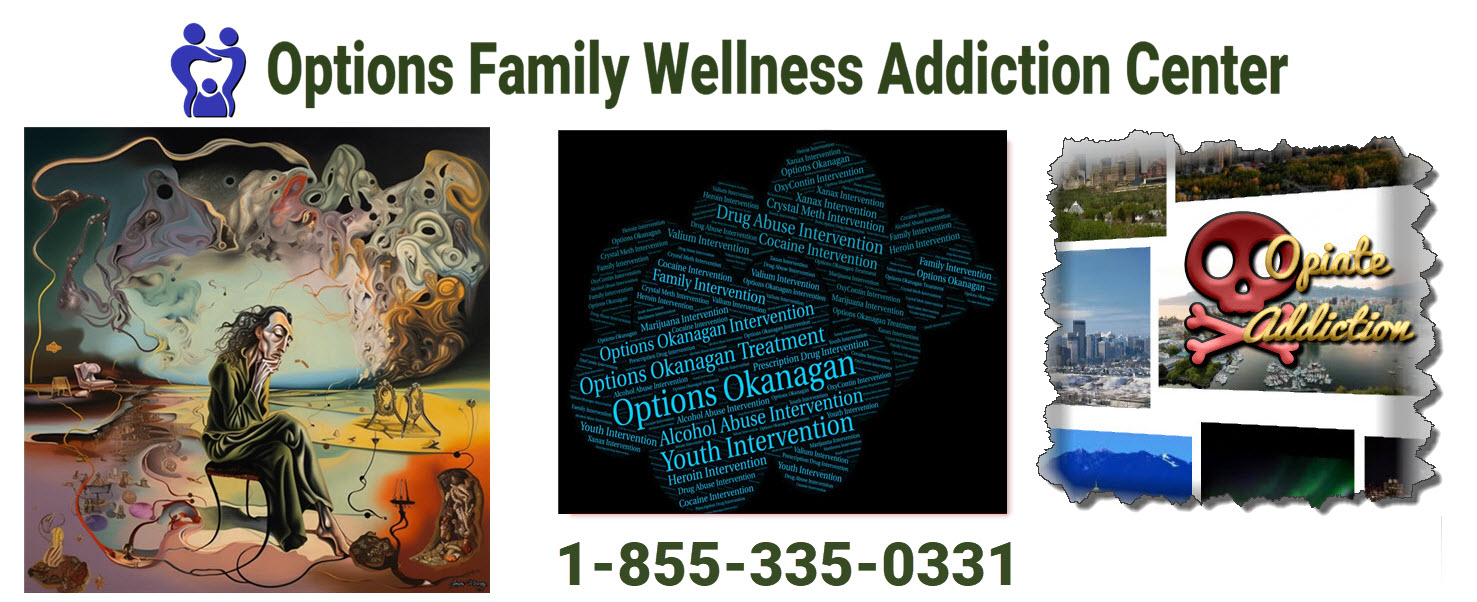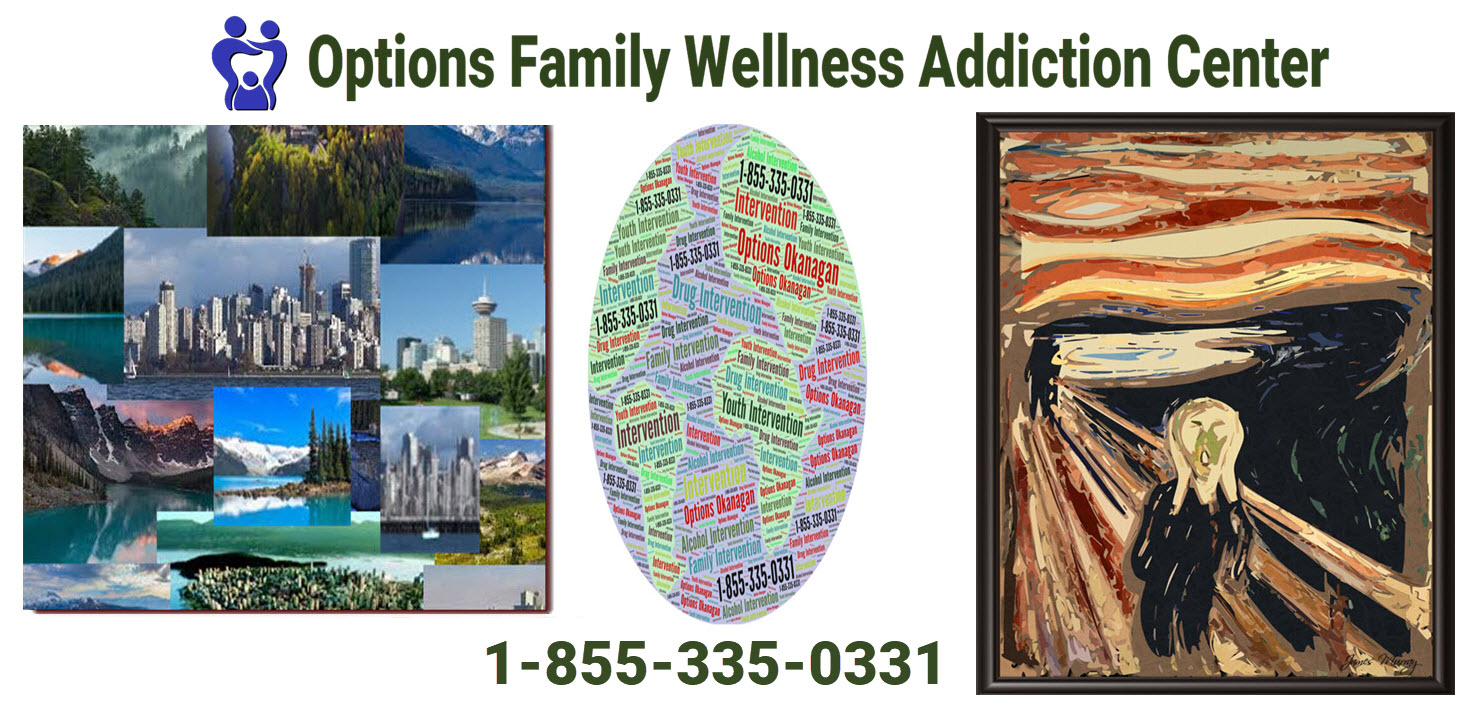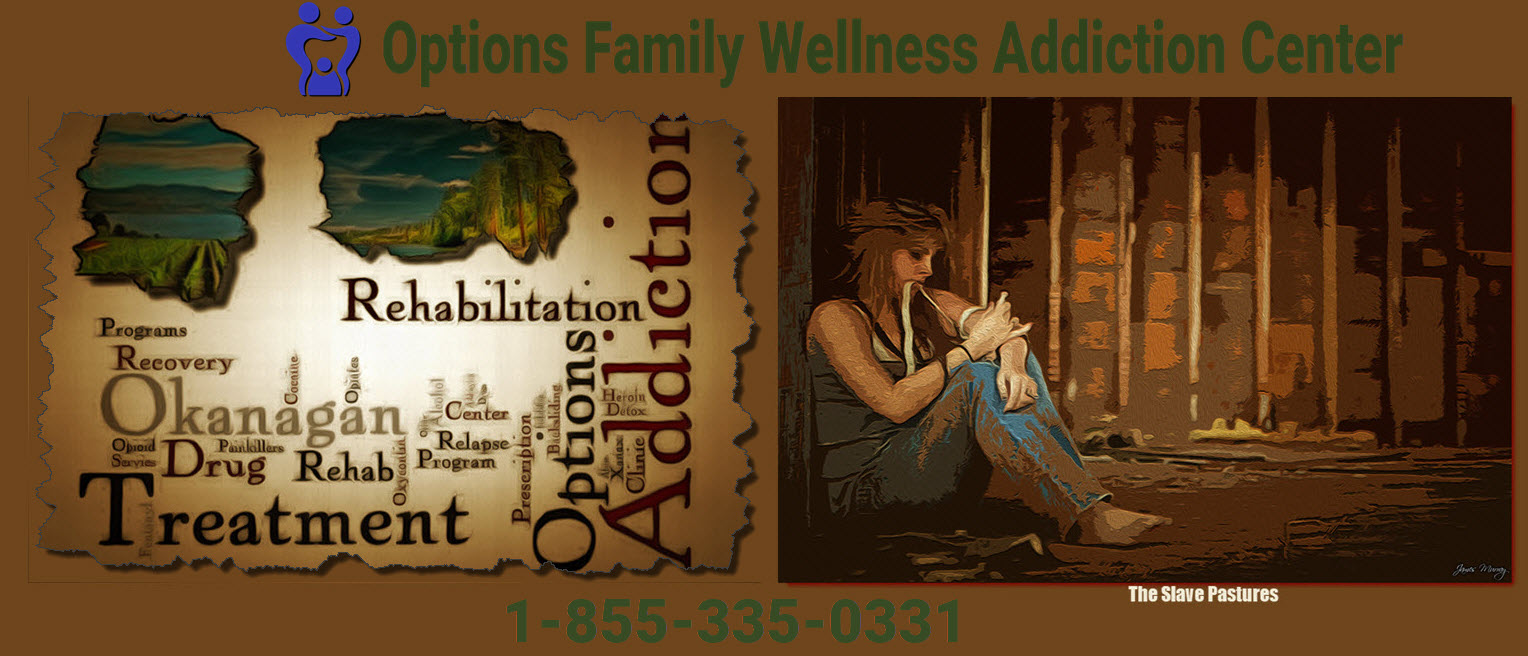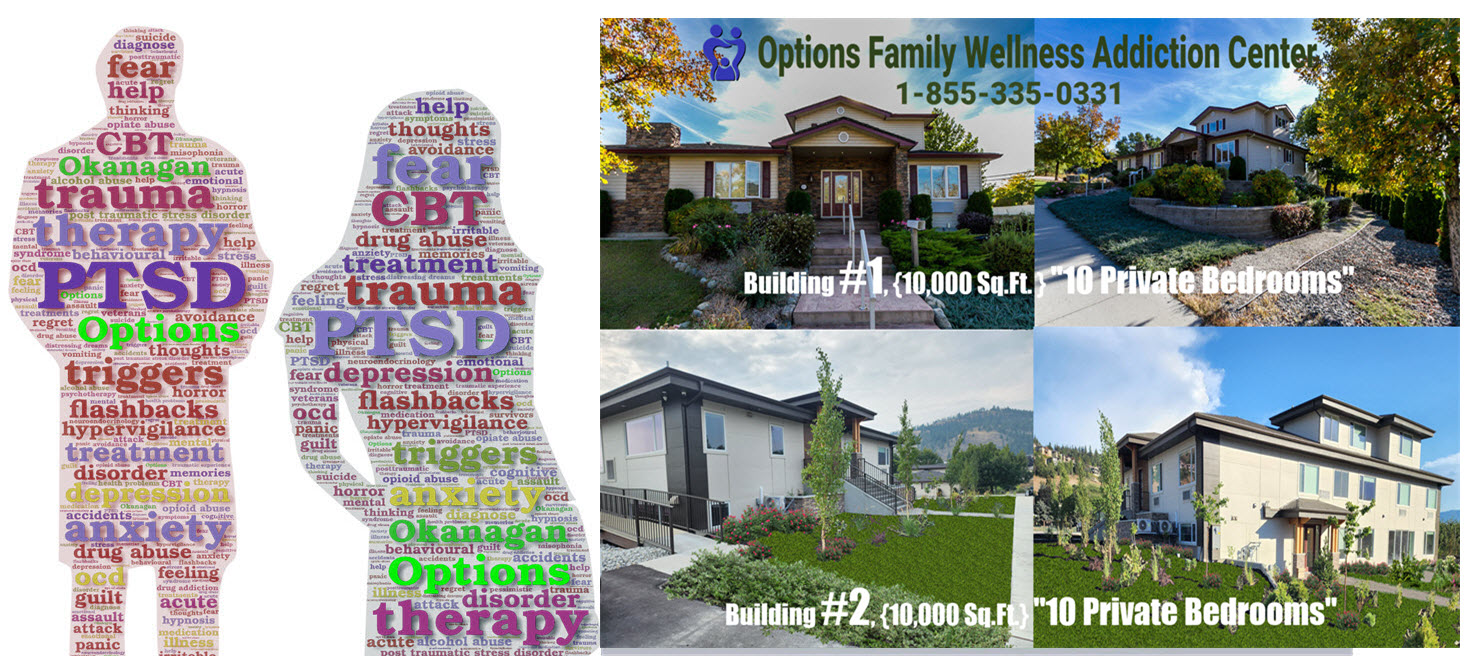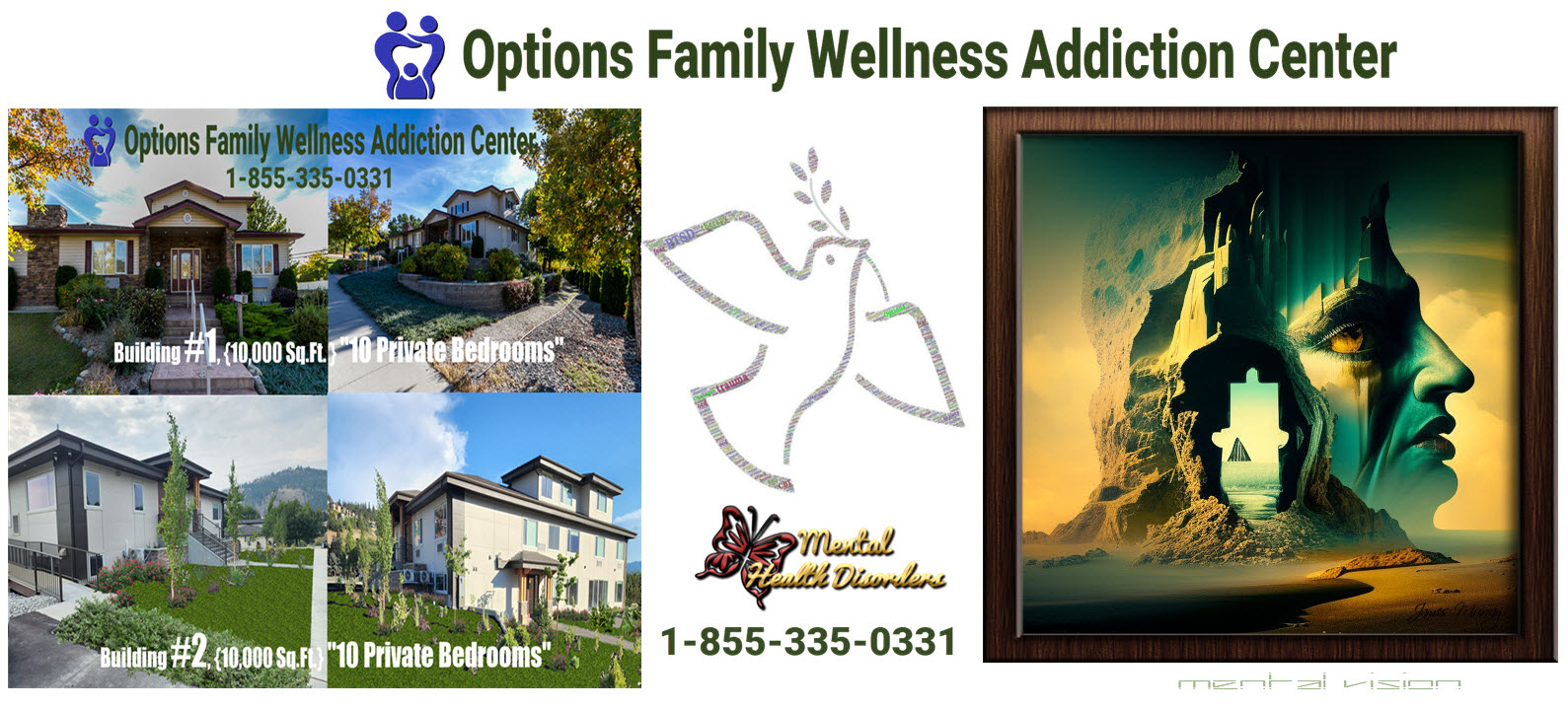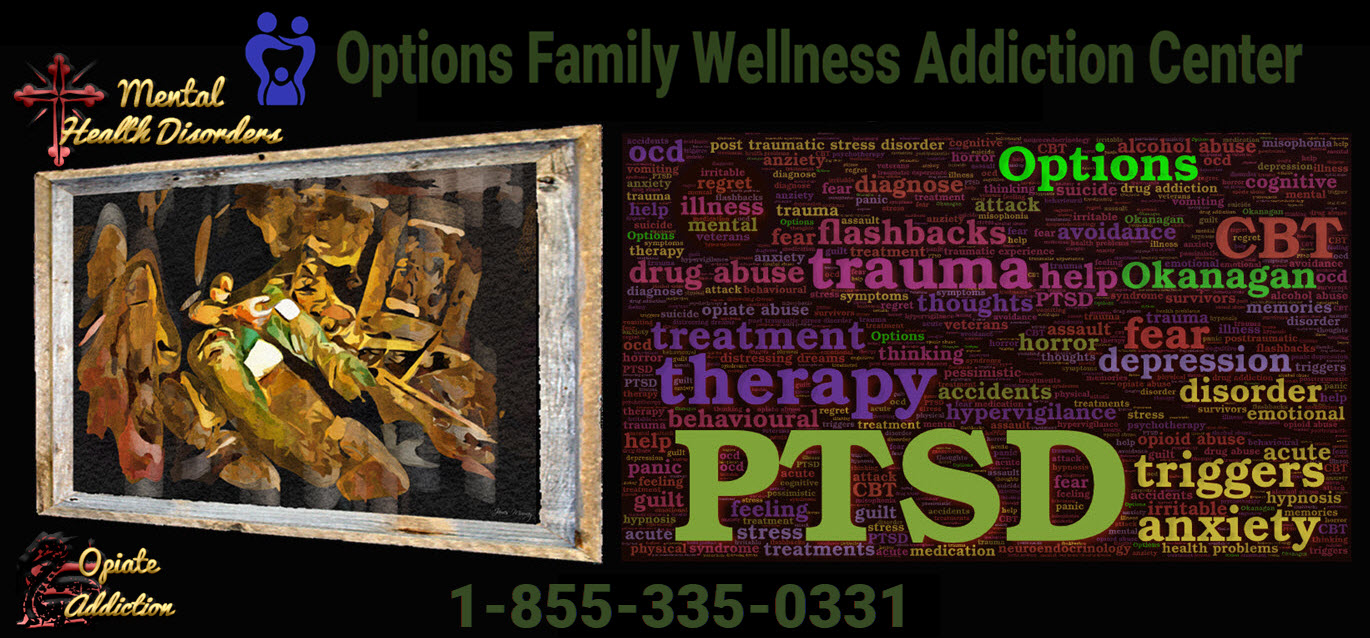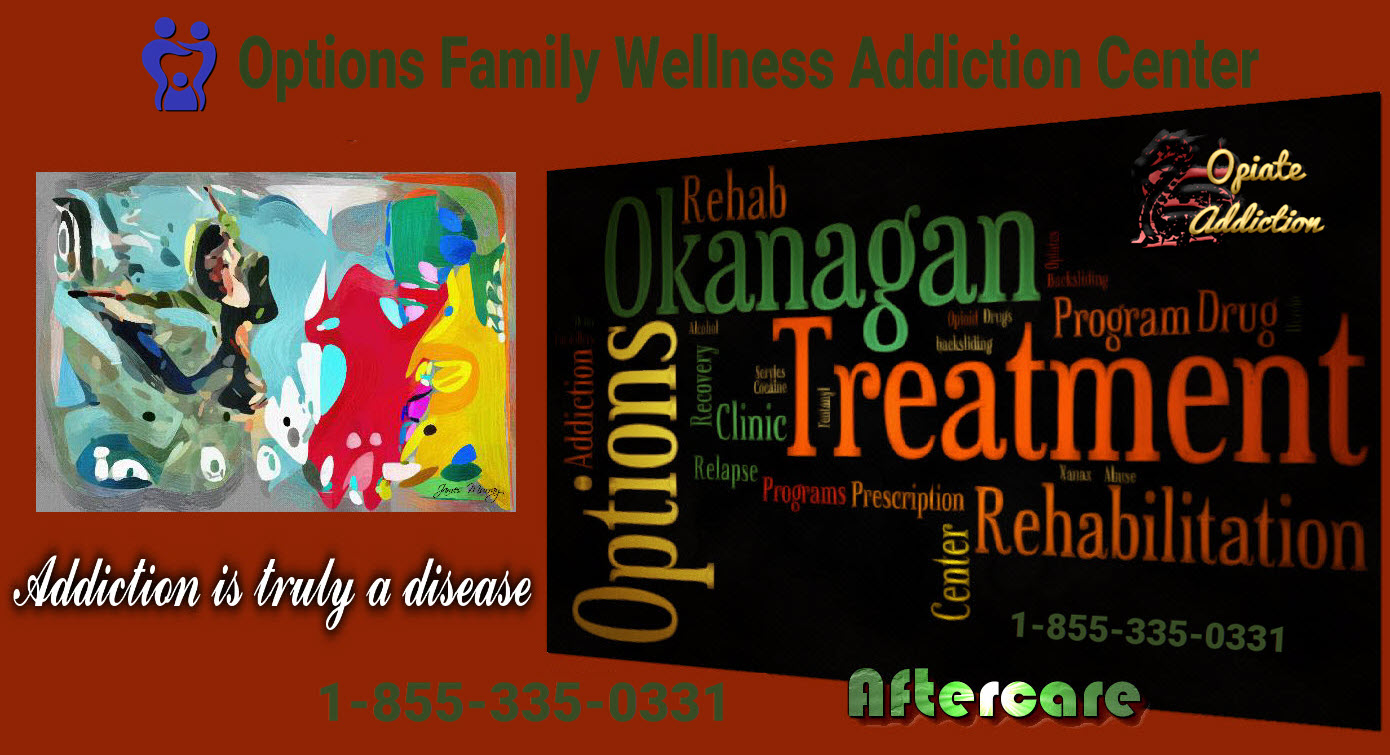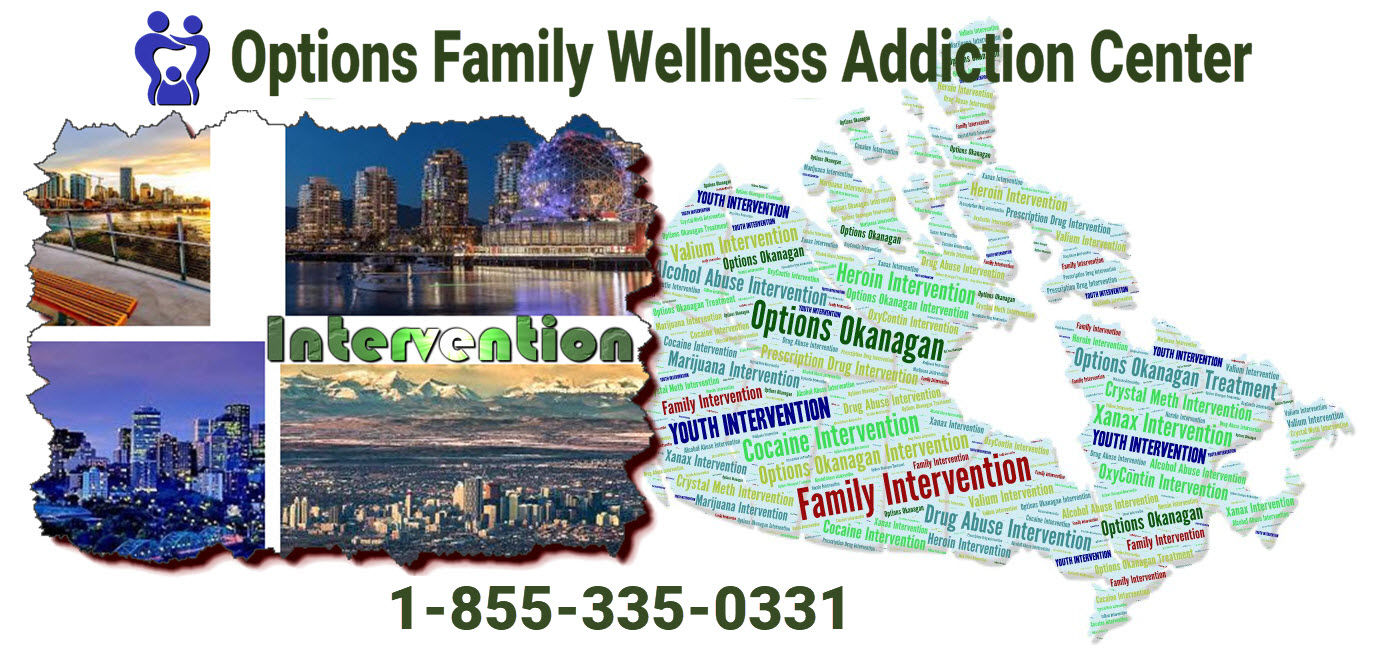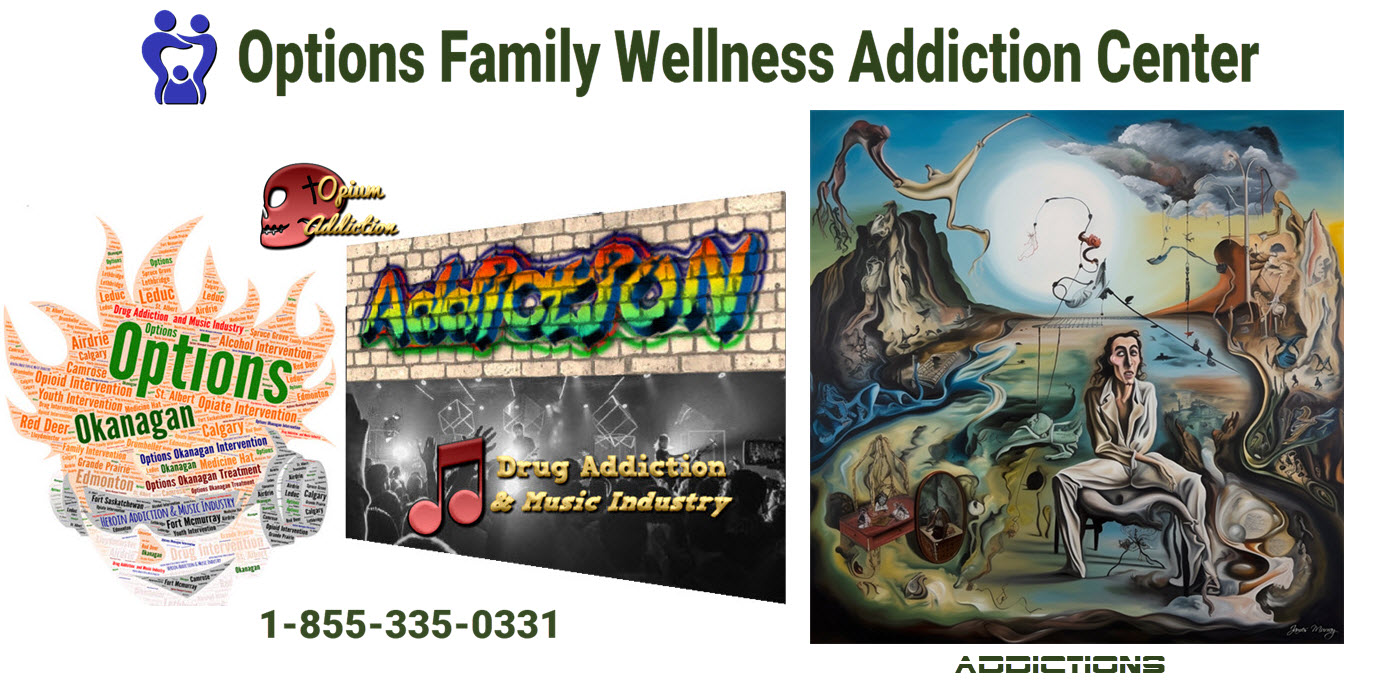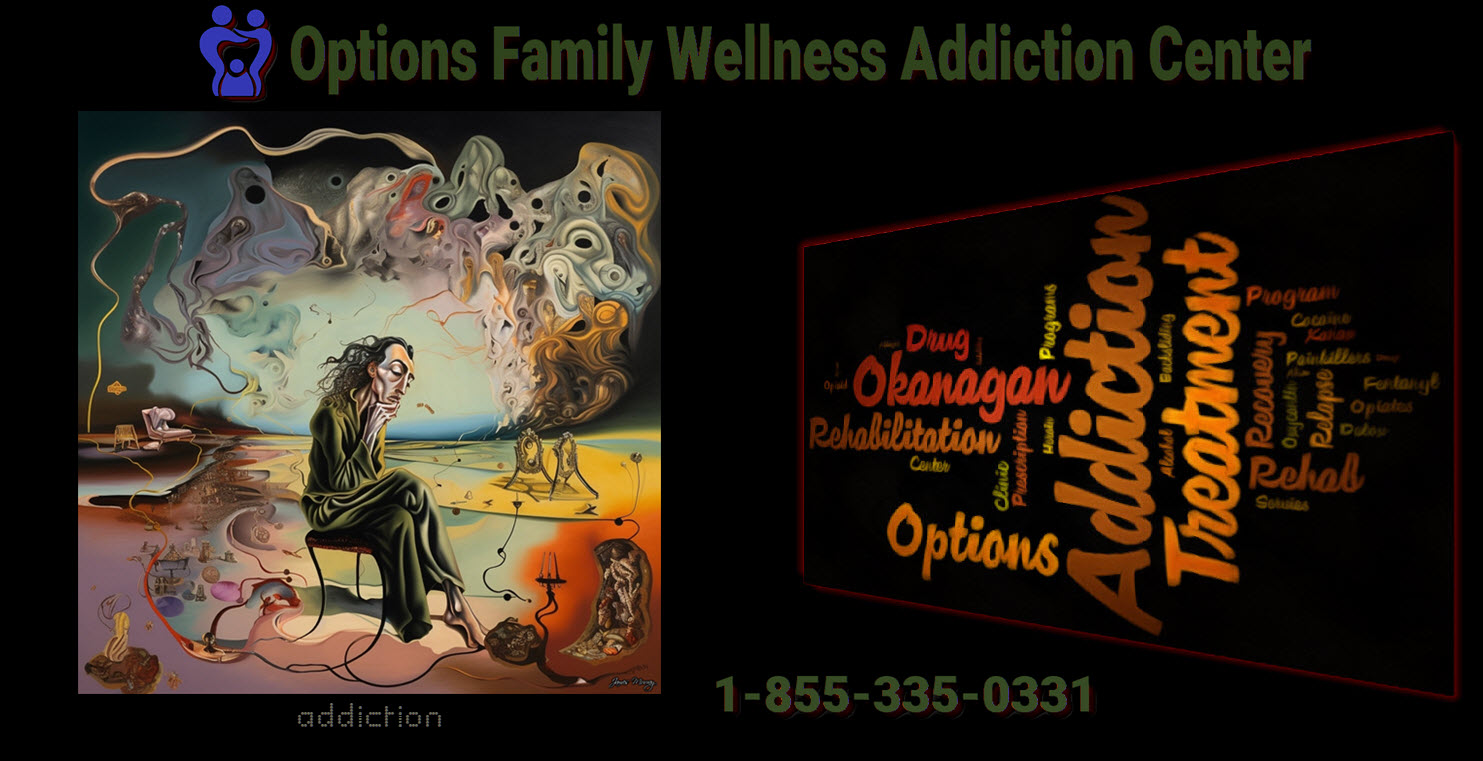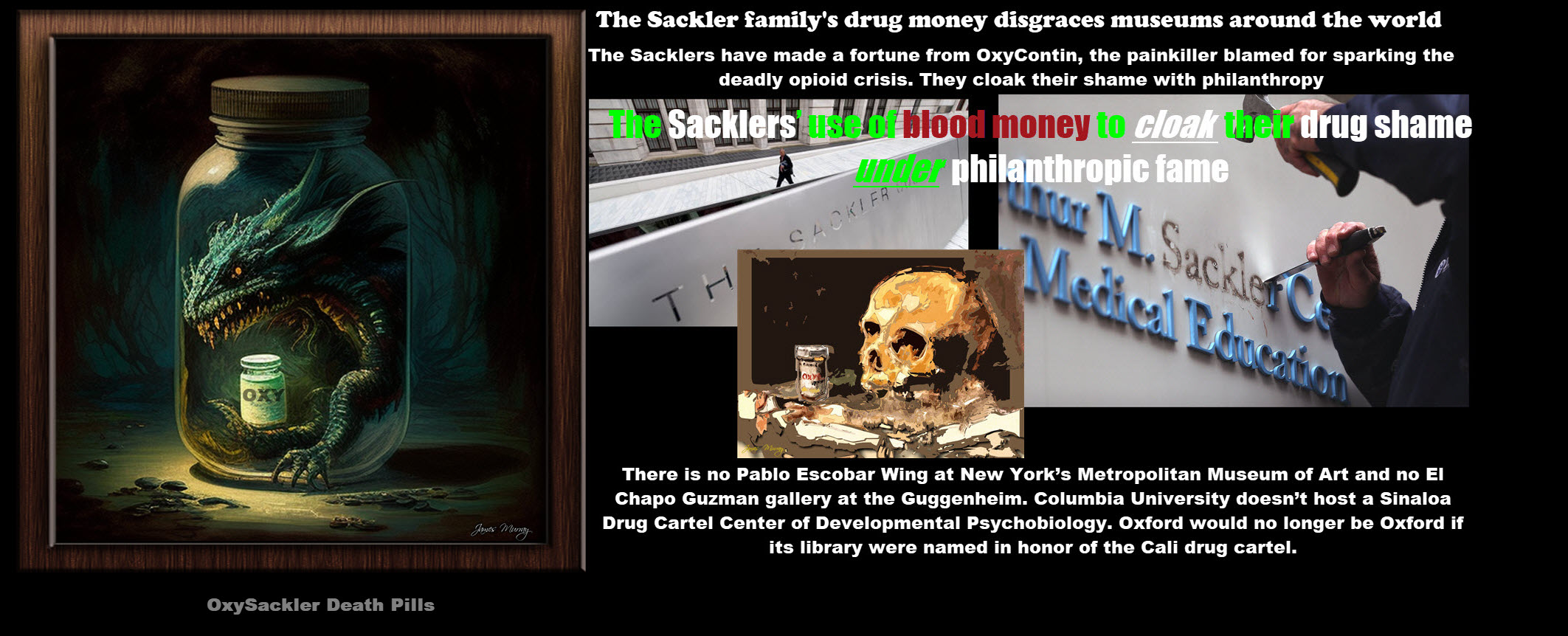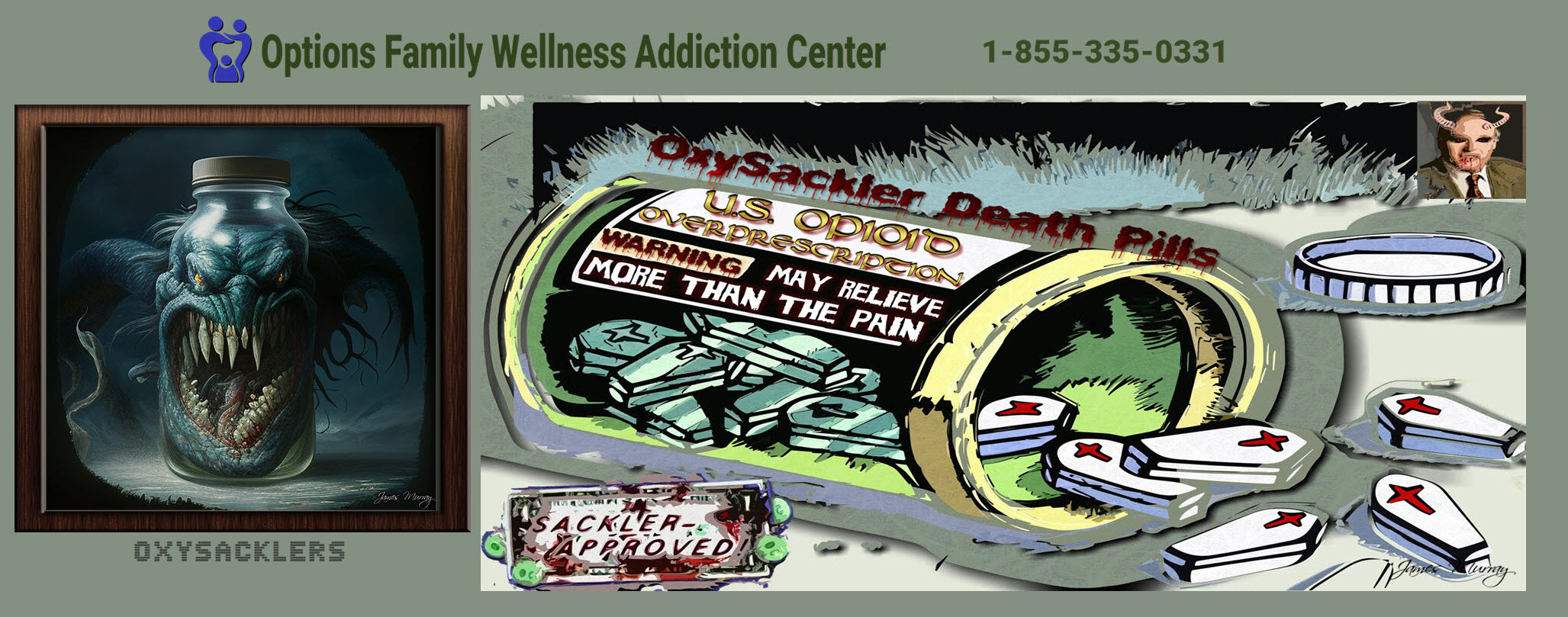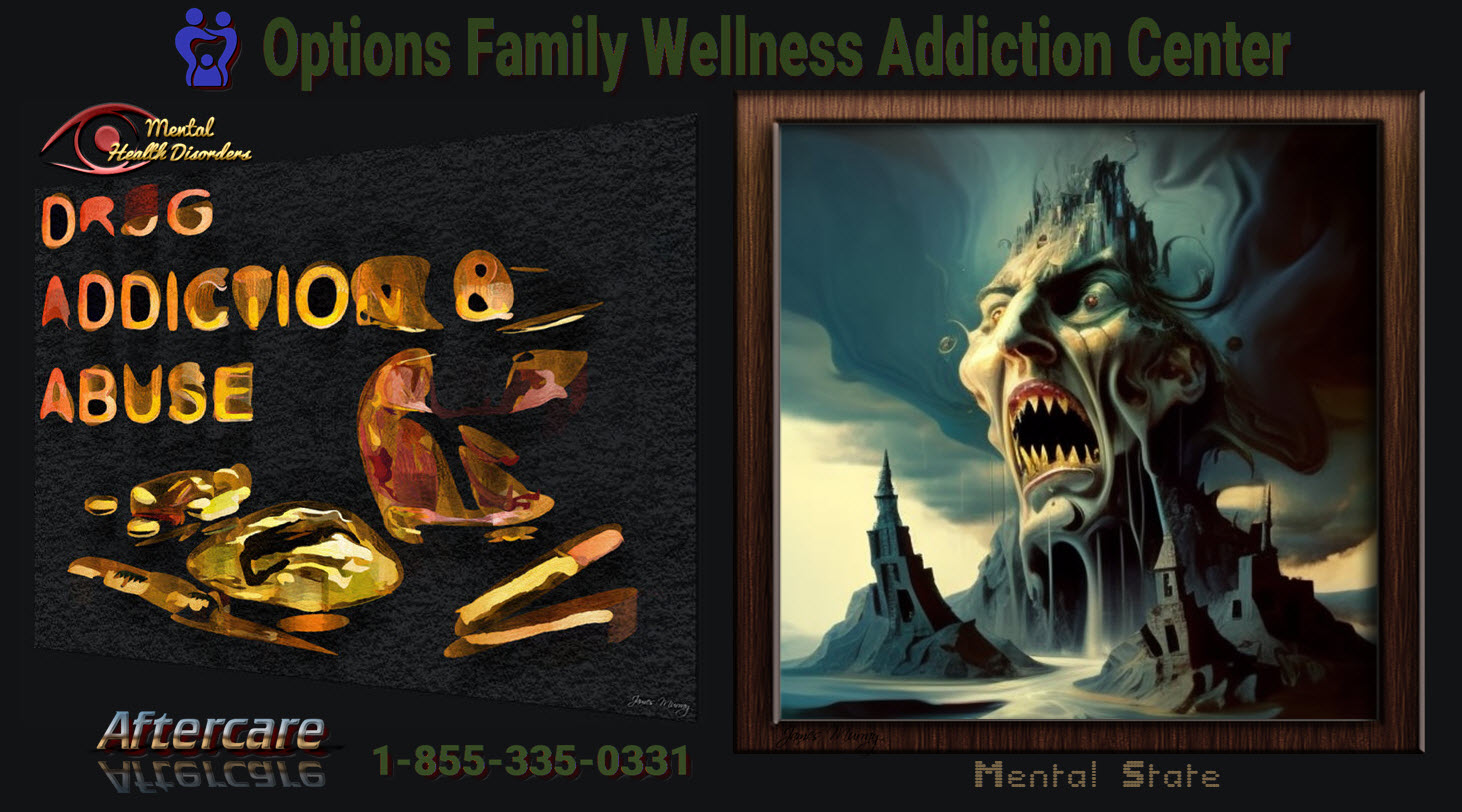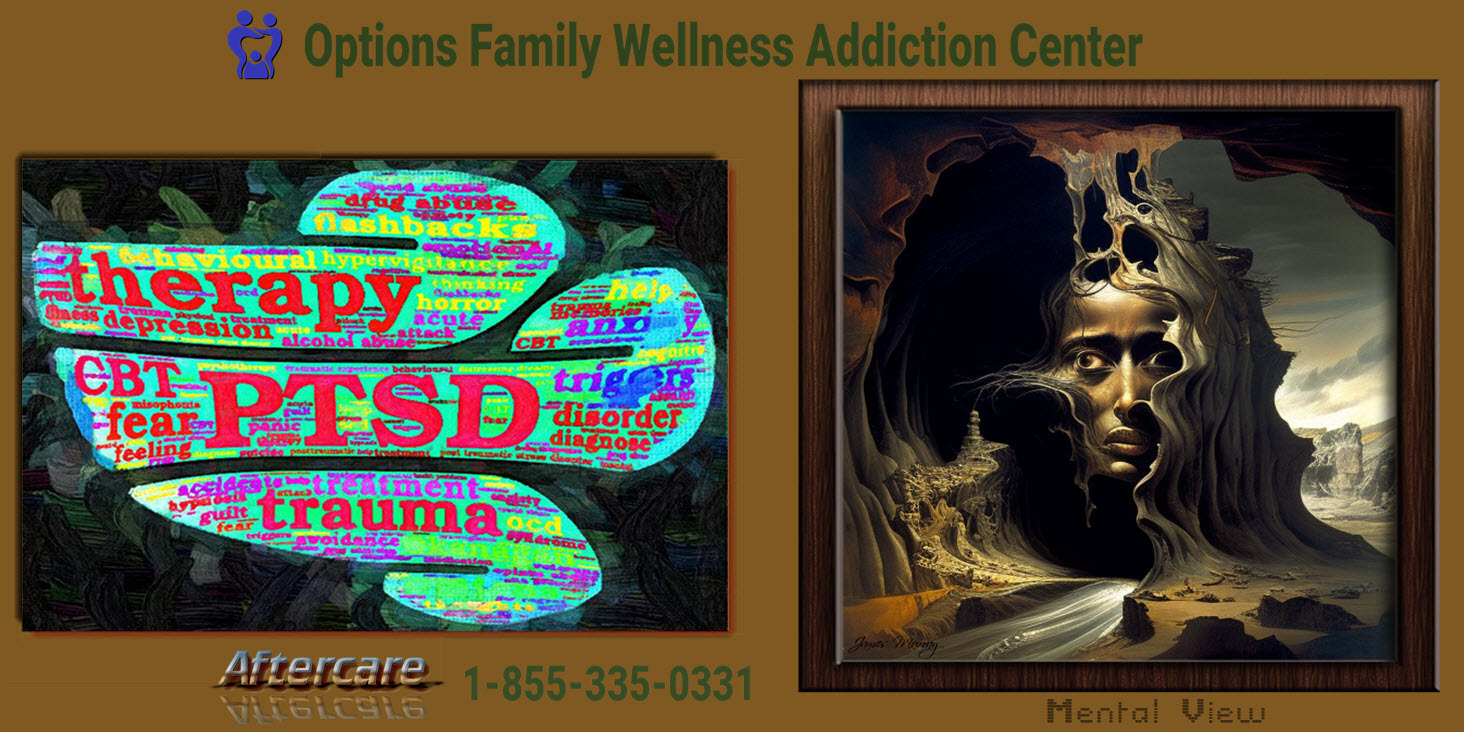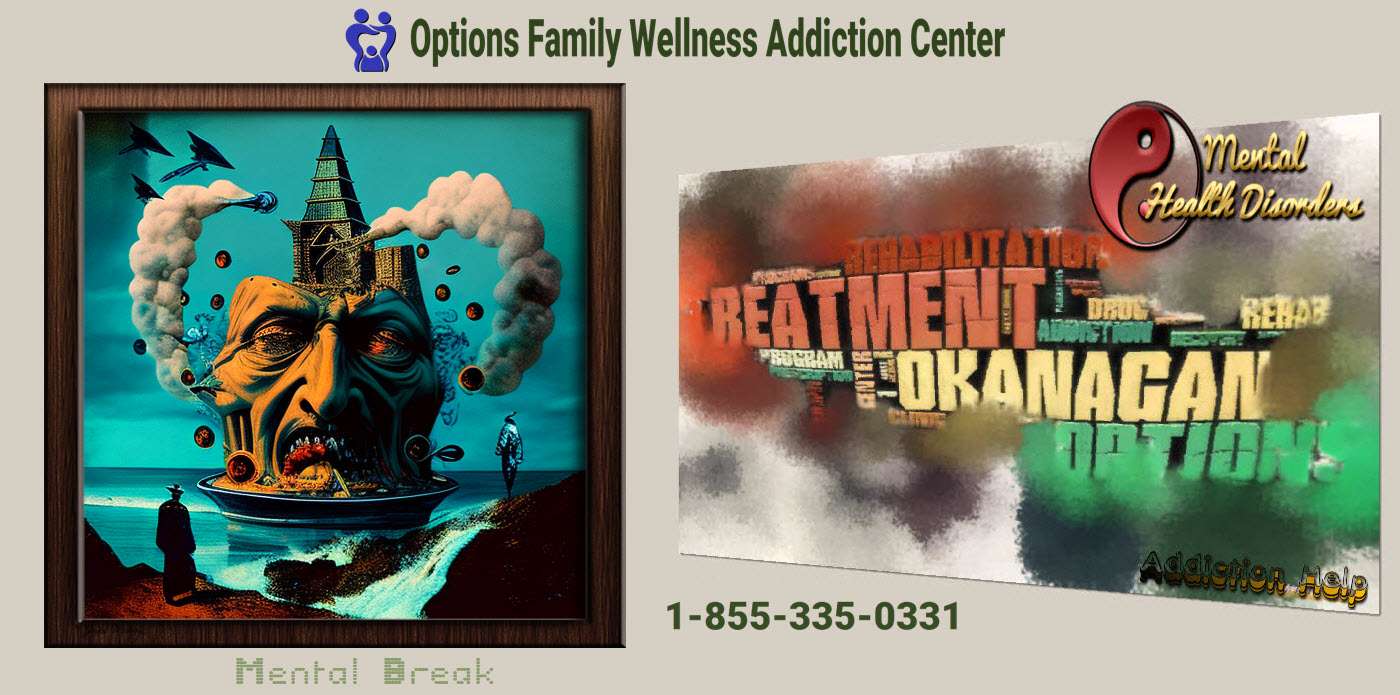Trapped by Lies: Mary’s Descent into Oxycontin and Heroin Addiction – Drug treatment center addiction programs for recovering addicts in British Columbia and Alberta – Options Family Wellness Addiction Center in Kelowna, British Columbia treating drug, opioid, prescription drugs, opiate, fentanyl, heroin and alcohol addiction and recovery.
Drug Treatment Center In BC
A Painful Journey: Mary’s Struggle with Addiction and Chronic Pain
Mary had always been a happy-go-lucky girl, full of life and energy. She loved to dance and sing and had a contagious smile that could light up a room. But everything changed when she was diagnosed with chronic pain and prescribed OxyContin by her doctor.
At first, Mary was relieved that the pain had subsided, but soon she realized that she couldn’t function without the drug. She would take more and more each day, not realizing the deadly trap that had been set for her by the Sackler family and Purdue Pharma.
Her addiction to OxyContin became a living nightmare. She lost everything she had worked so hard for, her job, her home, and her friends. She felt trapped in a vicious cycle of addiction that seemed impossible to escape.
One day, Mary hit rock bottom. She had run out of OxyContin and was desperate for a fix. A friend offered her heroin, and Mary took it, not realizing the deadly consequences of her actions. Her addiction to heroin spiraled out of control, and she lost all sense of herself.
Mary was on the brink of death when she was finally admitted to a drug rehab center. The road to recovery was long and arduous, but Mary was determined to overcome her addiction and reclaim her life.
She struggled through the withdrawal symptoms, and the pain was unbearable. But she never gave up, and slowly but surely, she began to heal. She attended therapy sessions, participated in group activities, and found new ways to cope with her chronic pain.
Eventually, Mary was able to conquer her addiction and move forward with her life. But the scars of her addiction remained, and she never forgot the pain and suffering she had endured.
Mary’s story is a tragic reminder of the devastating consequences of addiction and the lies that companies like Purdue Pharma and the Sackler family perpetuated. But it is also a story of hope and resilience, of the strength of the human spirit in the face of adversity.
Battling Inner Demons: How Mary Fought Against Oxycontin and Heroin Addiction at a Rehab Center
Mary’s Drug Rehab Journey: A Tale of Revelation, Insight, and Breakthrough
Mary’s addiction to OxyContin and heroin had taken a severe toll on her life. She lost everything she had worked hard for, her job, her home, and her friends. Her addiction was a living nightmare, and she felt trapped in a vicious cycle that seemed impossible to escape. Eventually, Mary realized that she needed help to overcome her addiction, and she was admitted to a drug rehab center. Here’s a closer look at Mary’s rehab journey, including the revelation, insight, and breakthrough moments that helped her recover.
Revelation: Admitting the Problem
For Mary, the first step on the road to recovery was admitting that she had a problem. It was a difficult realization to make, but it was also the most critical one. Once she acknowledged that her addiction had taken over her life, she was ready to seek help. Mary realized that her addiction to OxyContin and heroin was not something she could overcome on her own. She needed professional support and guidance.
Insight: Understanding the Root Cause
During her stay at the drug rehab center, Mary underwent intensive therapy sessions. She learned about the root causes of her addiction and gained a deeper understanding of how it had impacted her life. Mary was surprised to learn that her addiction was not only a result of her chronic pain but also of her mental health issues. The therapy sessions helped her to confront her fears and anxieties and gave her the tools to deal with them in a healthy way.
Breakthrough: Finding the Courage to Change
The breakthrough moment for Mary came when she realized that she had the power to change her life. She had been struggling with addiction for so long that she had given up on the idea of recovery. However, the support she received from the rehab center’s staff and her fellow patients gave her the courage to face her addiction head-on. Mary was determined to make a change, and she knew that it wouldn’t be easy. But with the help of her therapists, she began to develop a plan to overcome her addiction and start a new chapter in her life.
Treatment: A Comprehensive Approach to Recovery
The drug rehab center provided Mary with a comprehensive approach to recovery. She received individualized treatment that focused on her unique needs and circumstances. The center’s staff helped her to manage her chronic pain through alternative therapies such as yoga, meditation, and acupuncture. Mary also participated in group therapy sessions, where she received support and guidance from other people who were struggling with addiction.
The rehab center’s holistic approach to treatment helped Mary to heal physically, mentally, and emotionally. She learned to take care of herself in a way that she never had before. Mary’s treatment also included aftercare planning, which helped her to transition back into her daily life. The aftercare plan included ongoing therapy sessions and support groups to ensure that she continued to receive the support she needed to maintain her sobriety.
Mary’s journey
Mary’s drug rehab journey was a challenging one, but it was also a transformative one. Through her experience, she discovered her own strength and resilience. She realized that addiction was not a weakness but a disease that required professional treatment. Mary learned to be compassionate with herself and others, and she gained the tools to overcome the challenges that lay ahead.
For those who are struggling with addiction, Mary’s story is a reminder that help is available. There is no shame in admitting that you have a problem and seeking professional support. Drug rehab centers provide a safe and supportive environment where individuals can receive the treatment they need to overcome addiction and start a new chapter in their lives. With the right support and guidance, it’s possible to achieve revelation, insight, and breakthrough moments, just like Mary did.
The Demon Within: Mary’s OxyContin Addiction Story and the Sackler Family’s Crimes
Mary took a pill to ease her pain
A pill that promised to make her sane
But little did she know, it was a trap
A demon in disguise, ready to attack
OxyContin was its name
A drug so addictive, a devilish game
Created by the Sackler Family
Whose greed knew no boundary
Doctors prescribed it without a care
Not knowing the danger that was there
Mary fell into its grip
A victim of its evil trip
The demon within took control
Her life spiraled into a deep dark hole
Heroin became her only escape
A path of destruction, too late to reshape
But hope was not lost, she sought help
At a rehab center, where she felt
A glimmer of light, a chance to fight
To break free from the demon’s might
Empathy and sadness filled her heart
For all the pain and death that tore apart
Families, communities, and lives
The Sackler Family’s lies, still unforgiven crimes
Mary fought the demon within
Through the pain, the shame, the sin
She found the courage to stand
To reclaim her life, to take back command
But the battle is not yet won
The Sackler Family’s damage is done
They have not paid for their sins
For the pain, the death, the suffering they’ve brought in
Mary’s story is a reminder
Of the dangers of addiction, a cautionary timer
Of the need to hold those responsible accountable
To make them pay, to make them unable
To continue their evil ways
To cause more pain, more death, more dismays
Mary’s fight is not just for her own
But for all the victims, whose lives were thrown
Into chaos and despair
By the demon that lured them into its snare
May Mary’s courage inspire
And the Sackler Family’s lies expire
May justice prevail
And their evil scheme fail
May Mary’s story be a beacon of hope
For all those struggling to cope
With addiction’s grip
And the demons within, that never slip
May we stand together, and fight
For a better future, for a brighter light.
Some books and authors and their brief summaries about recovery stories from Oxycontin or Heroin addictions
“Dopesick: Dealers, Doctors, and the Drug Company that Addicted America” by Beth Macy – The book chronicles the history of the opioid epidemic in America, focusing on the marketing and distribution of OxyContin by Purdue Pharma, and the subsequent rise in heroin addiction.
“Dopesick: Dealers, Doctors, and the Drug Company that Addicted America” by Beth Macy – The book chronicles the history of the opioid epidemic in America, focusing on the marketing and distribution of OxyContin by Purdue Pharma, and the subsequent rise in heroin addiction.
“Beautiful Boy: A Father’s Journey Through His Son’s Addiction” by David Sheff – The author tells the story of his son’s addiction to methamphetamine and heroin, and his family’s struggle to cope and support his recovery.
“Tweak: Growing Up on Methamphetamines” by Nic Sheff – Nic Sheff, the son of David Sheff, recounts his own struggle with addiction to methamphetamine and heroin, and his journey through recovery and sobriety.
“In the Realm of Hungry Ghosts: Close Encounters with Addiction” by Gabor Maté – The author, a physician and addiction specialist, tells the stories of his patients and their struggles with addiction, including OxyContin and heroin, and explores the underlying causes of addiction.
“A Million Little Pieces” by James Frey – The book is a controversial memoir that recounts the author’s own struggles with addiction to alcohol and drugs, including OxyContin and heroin, and his journey through rehab and recovery.
“Blackout: Remembering the Things I Drank to Forget” by Sarah Hepola – The author tells the story of her own addiction to alcohol and her struggles with sobriety, as well as her experiences with heroin addiction among her friends.
“Smacked: A Story of White-Collar Ambition, Addiction, and Tragedy” by Eilene Zimmerman – The book tells the story of the author’s ex-husband, a successful attorney who became addicted to OxyContin and ultimately died from an overdose, and the impact of his addiction on his family.
“The Night of the Gun: A Reporter Investigates the Darkest Story of his Life–His Own” by David Carr – The author, a journalist, tells the story of his own addiction to cocaine and heroin, and his journey through rehab and recovery, including a detailed investigation into his own past.
“Memoirs of an Addicted Brain: A Neuroscientist Examines his Former Life on Drugs” by Marc Lewis – The book is a memoir by a former drug addict who is now a neuroscientist, examining his own experiences with addiction to heroin and cocaine, as well as the underlying neurobiology of addiction.
Here are some frequently asked questions [FAQs] about drug rehab experiences and treatment:
What is drug rehab?
Drug rehab is a type of addiction treatment that helps individuals who are addicted to drugs or alcohol to overcome their addiction and achieve long-term sobriety. It typically involves a combination of behavioral therapies, medication-assisted treatment, and support groups.
What are the signs that someone needs drug rehab?
Signs that someone may need drug rehab include using drugs or alcohol despite negative consequences, experiencing withdrawal symptoms when not using drugs or alcohol, spending a lot of time obtaining or using drugs or alcohol, and neglecting responsibilities or relationships due to drug or alcohol use.
What does drug rehab involve?
Drug rehab typically involves a combination of individual and group therapy, medication-assisted treatment, and support groups. Behavioral therapies such as cognitive-behavioral therapy (CBT) and contingency management (CM) are commonly used to help individuals overcome addiction and develop coping skills. Medications such as buprenorphine and methadone can help manage withdrawal symptoms and reduce cravings.
How long does drug rehab last?
The duration of drug rehab can vary depending on the individual’s needs and the severity of their addiction. Inpatient rehab programs typically last 30-90 days, while outpatient programs may last several months.
What happens after drug rehab?
After completing drug rehab, individuals may continue with aftercare programs such as outpatient therapy, support groups, or medication-assisted treatment. It is important to continue with ongoing support to maintain sobriety and prevent relapse.
What is the success rate of drug rehab?
Success rates for drug rehab can vary depending on the individual and the type of treatment they receive. However, studies have shown that medication-assisted treatment and behavioral therapies can be effective in reducing substance use and improving long-term outcomes.
What should I look for in a drug rehab program?
When looking for a drug rehab program, it is important to consider factors such as the program’s accreditation, the qualifications of the staff, the types of therapies and treatments offered, and the cost of the program. It is also important to choose a program that is tailored to the individual’s needs and provides ongoing support after treatment.
Options Opiate and Alcohol Treatment Center in Kelowna, British Columbia – Men and Women are recovering and healing from Alcohol and Drug Abuse at our recovery facility here in the Okanagan right now.
Our unique and distinctive Opiate Drug and Alcohol treatment program allow men and women to come in from Calgary as well as Edmonton as we offer airport pickup.
Numerous clients come to us from Vancouver, Calgary, and Edmonton and other locations in Alberta and even other provinces for Opiate addiction treatment, heroin drug treatment, many other drug and alcohol addictions for rehabilitation because of the uniqueness of our treatment center.
Options Drug and Opiate Treatment Center
551 Sherrydale Crescent, Kelowna, British Columbia, V1V 2E6
Toll-Free Phone Number: 1-855-335-0331

